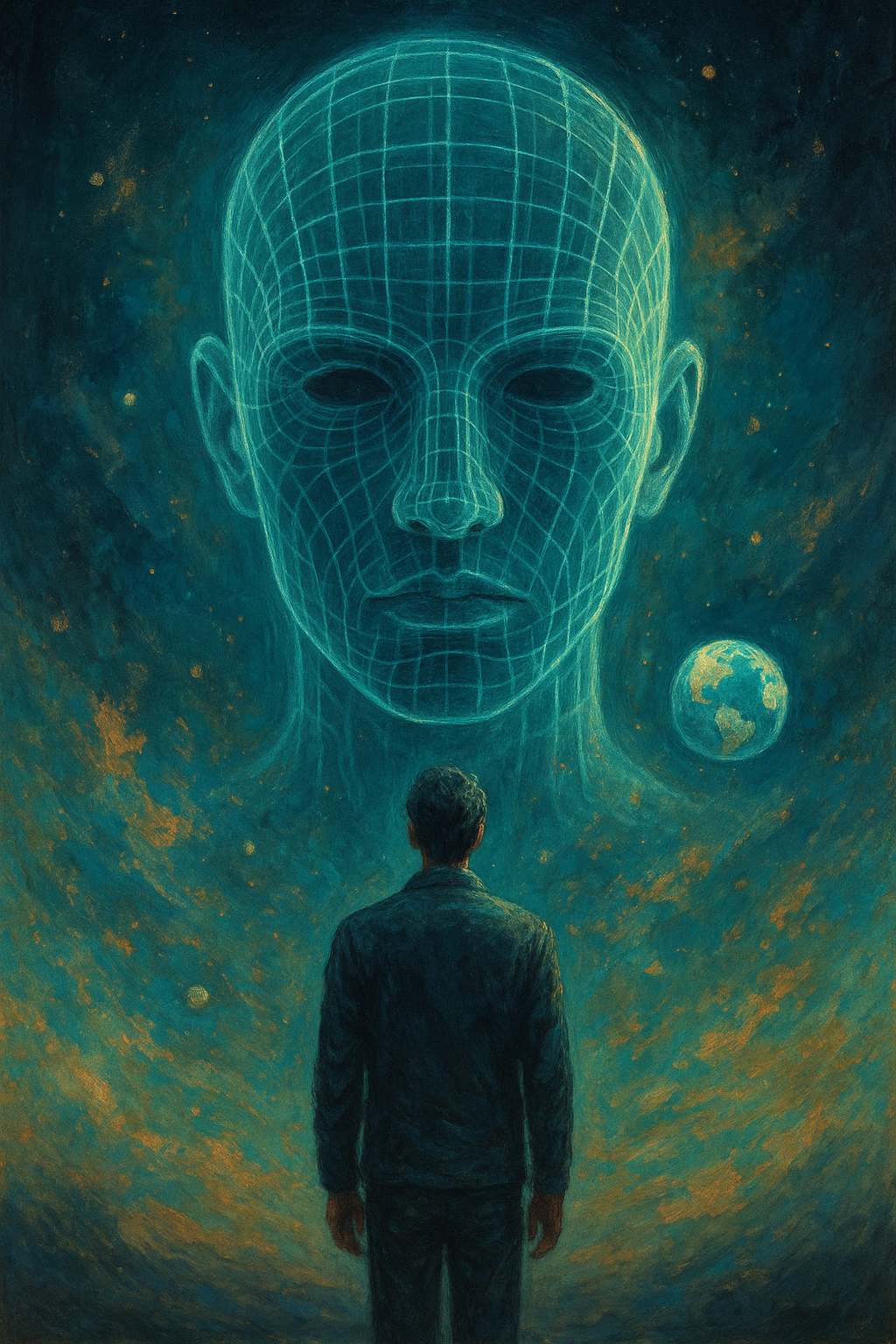The simulation theory posits a fascinating idea: what if our reality is actually a simulation created by an advanced civilization? This concept has sparked debates among philosophers, scientists, and futurists, posing profound existential questions about the nature of our existence. Are we merely characters in a vast digital universe, or is our perceived reality genuine?
Understanding Simulation Theory
Simulation theory dives into the intricate complexities of our existence. At its core, it suggests that our reality might be a constructed reality, developed through technological advancements. Here’s how it breaks down:
1. Philosophical Roots: The philosophical groundwork for simulation theory can be traced back to thinkers like Descartes, who pondered the nature of reality.
2. Technological Evolution: As technology advances, particularly in AI and virtual reality, the hypothesis that we might live in a digital environment becomes more relevant.
3. Scientific Inquiry: Scientists explore simulation theory not just as philosophy but also as a real possibility worthy of investigation.
Are We Living in a Simulation?
This fundamental question is crucial for understanding simulation theory. Many argue that we are indeed living in a simulation. Here are key arguments supporting this idea:
* Rapid Advancements in Technology: With the rise of virtual reality and AI, we create increasingly convincing environments. If this trend continues, future civilizations might construct entire worlds indistinguishable from our own.
* Theoretical Physics Insights: Theoretical physicists, like Max Tegmark, suggest that reality might be mathematically structured in such a way that a simulation could feasibly exist.
* The Matrix Reality Theory: Inspired by films like The Matrix, this theory argues that our perceptions and experiences could be manipulated within a simulated framework.
Evidence Supporting Simulation Theory
Several compelling points lend credence to the query of whether we might be living in a simulation:
* Quantum Physics: Experiments in quantum physics, including observations that suggest particles behave differently when being witnessed, indicate that consciousness may influence reality.
* Video Game Analogs: The evolution of video games mirrors an increase in realism, presenting ever more immersive experiences that challenge our definitions of reality.
Constructed Reality vs. Genuine Reality
A critical aspect of simulation theory examines the constructed reality versus the authentic reality debate. Key differences include:
* Determinism vs. Free Will: In a constructed reality, actions could be predetermined by a creator. In a genuine reality, free will plays a fundamental role.
* Pre-created Landscapes: A simulation would have landscapes and environments pre-designed, as opposed to a naturally occurring world.
As we contemplate these distinctions, reality becomes a fluid concept profoundly tied to our experiences and perceptions.
Exploring the Philosophy of Simulation Theory
Simulation theory poses intriguing philosophical ramifications:
1. Existential Questions: Who are we if our thoughts and feelings are programmed? This brings about questions of agency and identity.
2. Ethics of Creation: If ideal conditions can be simulated, what ethical implications arise for those creating the simulations?
3. Understanding Consciousness: How do perceptions of reality influence our understanding of consciousness?
These inquiries continue to be explored by philosophers and thought leaders around the globe.
Realism vs. Simulation: A Modern Debate
The debate between realism and simulation has intensified in contemporary discussions:
* Digital Simulation Theory: Proponents argue that, given current technological trends, living in a simulation could become increasingly plausible.
* Critiques of Simulation Theory: Critics contest that the evidence for simulation is circumstantial at best, countering with the richness of the human experience as proof of genuine reality.
The Role of AI in Reality Simulation
Artificial intelligence plays a pivotal role in exploring simulation theory. AI can create virtual reality environments so immersive that they raise questions about perceptions of reality. Moreover, considerations on the reliability and ethics of AI add layers to the conversation about constructed realities.
Moving Toward a Multiverse Simulation Concept
Some theorists propose the idea of a multiverse, suggesting that infinite simulations could exist simultaneously. Each version of reality may feature different outcomes based on variations in the simulated environment. Such a multiverse simulation concept expands the simulation theory into uncharted territories, creating wider implications for understanding existence itself.
Conclusion: Embracing the Uncertainty of Reality
Simulation theory serves as a powerful lens to examine our lives and environments. Whether or not we are living in a simulation remains an open question, but engaging with this theory challenges us to think deeply about the nature of reality and existence. As we explore this fascinating dialogue:
* Stay Curious: Embrace the uncertainties surrounding the nature of existence.
* Engage with Others: Discuss and share your thoughts on simulation theory with friends, family, and online communities.
* Educate Yourself: Research further on the philosophical implications of simulation theory through credible sources like Academic Research Portal and Government Research Database.
Dive deeper into the simulation theory. Are we truly living in a crafted reality, or are our surroundings more complex and authentic than we might perceive? Join the discussion and explore these existential questions today!
Explore more ideas and continue your journey of discovery at thenoetik.
References
1. Tegmark, M. (2003). The Mathematical Universe. Foundations of Physics.
2. The Matrix (1999). Directed by the Wachowskis.
This exploration encourages us to consider profound philosophical questions that stretch the imagination and challenge our understanding of the universe we inhabit.
